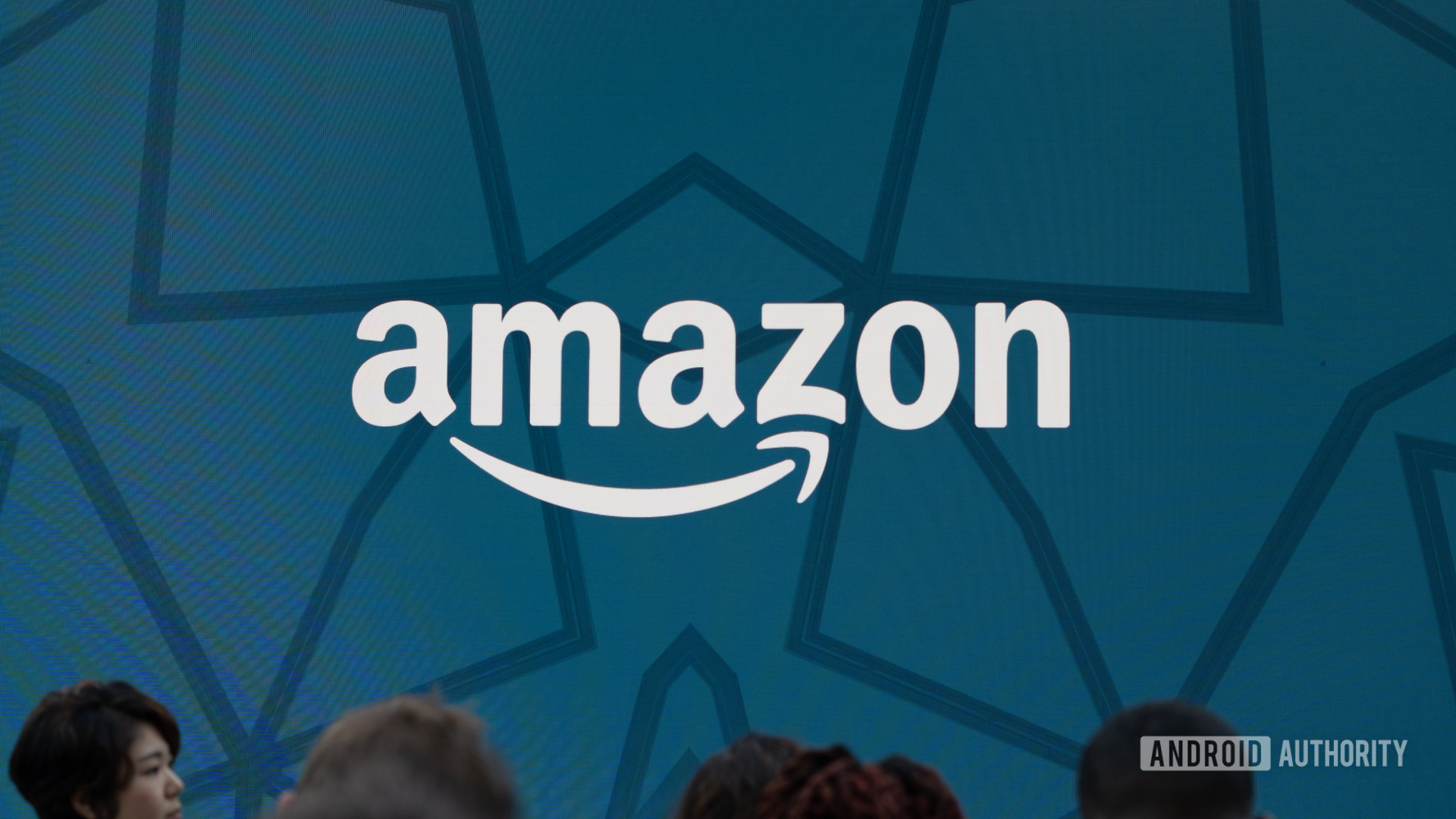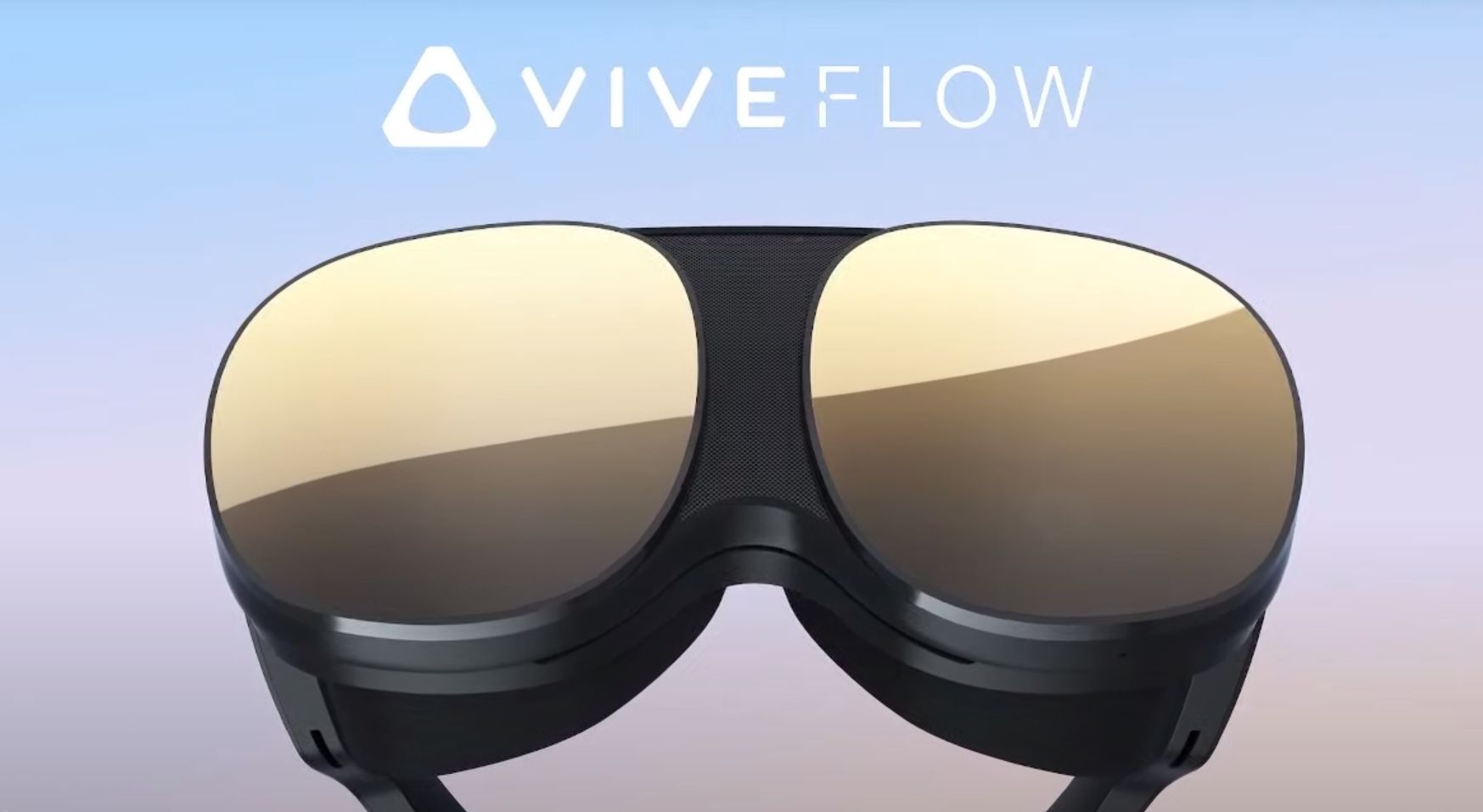Affiliate links on Android Authority may earn us a commission. Learn more.

Amazon has come under scrutiny once again after a treasure trove of internal documents leaked to the press. This Reuters special report has all the details, but I’ll break it down in brief for you here.
- The 2016 documents reveal a systematic approach to copying popular products on Amazon India, then using Amazon’s own search engine to boost sales.
- This was mostly done via “private brands”, which are Amazon-owned and operated businesses selling under another name.
- One of the most obvious examples of this is AmazonBasics, but the list includes others like Solimo, Goodthreads, Wag, and countless others.
- Internal documents revealed that Amazon planned to introduce its products in “20% to 40% of all product categories in Amazon.in within two years.”
- The company expected this to generate $600 million in India by 2020, stating: “We will be amongst the top three brands in each sub-category that we play in.”
- Official sales numbers were never released.
- To do this, the company would examine which products were successful (called “benchmark” products internally), send them to a manufacturer to copy, then sell them on its own platform.
- Here’s a 90-second video from Peak Design that satirizes the process.
Copycat products have been an issue in every industry since the beginning of time, but Amazon leveraging its own platform and data pushes this heavily into anticompetitive territory.
- In the past, Amazon has denied using private seller data to help its private-brand businesses.
- As recently as 2020, Jeff Bezos himself denied the practice in sworn testimony before US Congress.
- However, internal documents reveal that that’s exactly what the company did.
- Using a technique called “search seeding”, the company boosted its AmazonBasics and Solimo brand goods “to ensure that they feature in the first two or three [products] in search results.”
- It also used “search sparkles,” which is what the company calls the banner of products that appears before search results.
- These are typically “hot” products or products that Amazon wants to promote.
- Not only that, but the company also used internal sales data to determine why competitors’ products were more successful or popular.
- For example, when Amazon’s Xessentia line of shirts suffered from high return rates due to fitting issues, employees examined other sellers’ return rates to determine which was the right fit for that marketplace.
- Will Amazon get in trouble for this? It’s certainly possible, at least in India where all of these documents come from.
- Many documents also received sign-offs from higher-ups overseas, which could implicate Amazon further in ongoing investigations in the US and EU.
📸 Which smartphone has the best camera? Here are the top two compared: Samsung Galaxy S21 Ultra vs Apple iPhone 13 Pro Max (Android Authority).
📱 OnePlus 9RT launched: Flagship OnePlus power on a budget. However, you probably won’t be able to buy it. (Android Authority).
🎧 Alongside the 9RT, OnePlus also announced an updated pair of affordable earbuds in the OnePlus Buds Z2 (Android Authority).
🔌 Looking for the phone charger to end all phone chargers? This is the only one you’ll ever need (Android Authority).
💻 Working from home and considering a Chromebook? Might be the one for you. Hands-on with the Acer Chromebook 515: A toughened powerhouse (Android Authority).
🖼 Looking for some new wallpapers? The latest round of weekly wallpaper goodness is here to help (Android Authority).
☕ Finnish scientists have managed to make a cup of coffee from cell cultures that they say smells and tastes like the real thing (Reuters).
🛰 Strange radio waves emerge from the direction of the galactic center. What could it be? Cue the History Channel aliens guy (Phys.org).
👽 Like your extraterrestrial news a bit closer to home? Check this out: Scientists simulate life on Mars in a rocky crater in Israel (Reuters).
👨⚕️ We may have a new way to find cancerous tumors: Fluorescent spray lights up tumors for easy detection during surgery (Acs.org).
😬 They say “It never hurts to ask,” but what are some examples where “It hurts to ask“? (r/askreddit).

Yesterday William Shatner went boldly where few men had gone before by taking a short trip to space in a Blue Origin rocket.
- The 90-year-old actor is best known for playing Captain James T. Kirk in the original Star Trek series that ran from 1966-1969 and subsequent films.
- The trip was mostly a publicity stunt, with Jeff Bezos’ Blue Origin footing the bill for the flight.
- It seems to have worked, as afterward, Shatner told Bezos that “What you have given me is the most profound experience I can imagine,” and went on to say that more people should experience space flight.
- Shortly thereafter, Bezos proceeded to shower Shatner and onlookers with champagne.
- Shatner, whose wife died suddenly of alcoholism-related causes in 1999, politely refused a sip.
Live long and prosper.
Nick Fernandez, Editor

